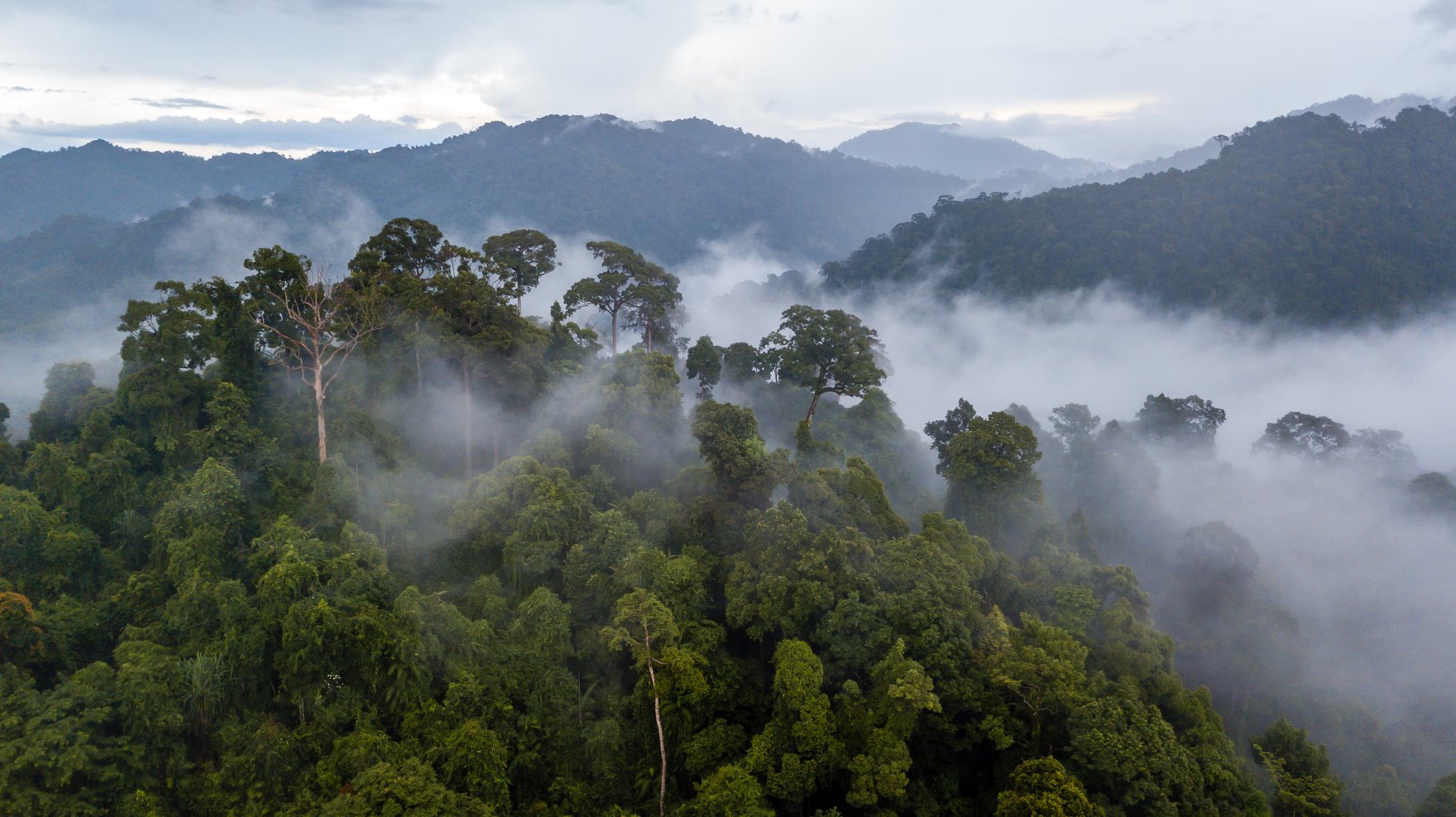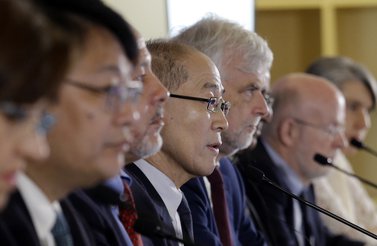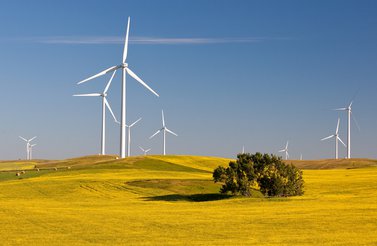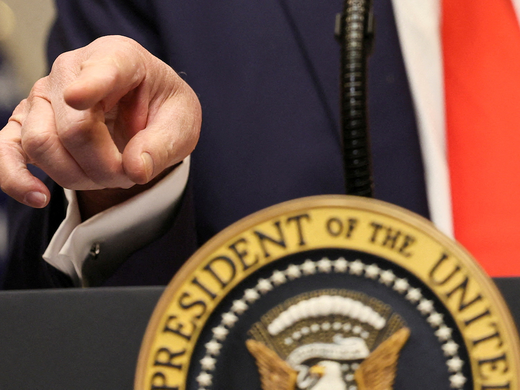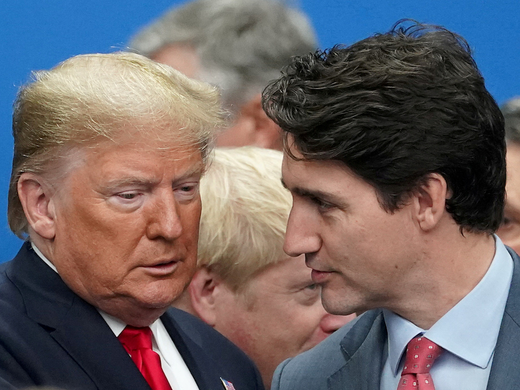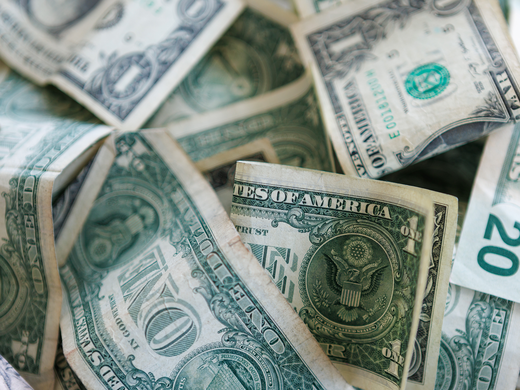Forests can sequester up to two billion tonnes of CO2 equivalent per year. Given forests’ carbon absorption potential, they are surely an important part of a global response to climate change — but not without improved forest management and regulation.
The State of Deforestation
The Amazon rainforest is the world’s largest forest reserve, covering more than seven million square kilometres and accounting for more than 40 percent of forests globally. While the Amazon often sits in the limelight for its biodiversity and role in climate action, its function as a carbon sink has been taken for granted. About 17 percent of the forest in the Amazon rainforest was lost in the last 50 years, with 750,000 square kilometres destroyed between 1978 and 2019, as a result of deforestation, degradation and forest fires. Much of the deforestation is caused by large-scale agricultural investments such as soy production, logging, cattle rearing and mining. Loss of forest cover reduces the capacity of the Amazon basin to sequester emissions of greenhouse gases. The trees that are lost also release the carbon they had sequestered while alive, intensifying these gases’ atmospheric concentration, with adverse outcomes for health and well-being, livelihoods, infrastructure, biological diversity, and economic, social and cultural assets.
The Amazon rainforest desperately needs more sustainable management in order to lower deforestation while increasing the efficiency of underused and devastated areas. Brazil holds the lion’s share of the Amazon rainforest (approximately 60 percent), but it also has the highest rate of deforestation, degradation and forest fires. The Brazilian government has some mechanisms for sustainable management in place — the Termo de Ajustamento de Conduta da Carne, the Amazon Soy Moratorium and the Documento de Origem Florestal, for example, aim to block raising cattle or growing soy on deforested lands and to permit logging only in approved areas. But, since Jair Messias Bolsonaro took office as president in January 2019, satellite images show that Brazil’s deforestation is on the rise; 1,444 square kilometres of Brazilian forests were chopped down in September 2019, bringing the total area of deforested lands through 2019’s first nine months to 7,604 square kilometres, an 86 percent increase over the same period in 2018.
Legal Instruments for Promoting Sustainable Forest Management
In contrast to what is happening in the Amazon, governments elsewhere around the world have made anti-deforestation pledges and signed forest-related agreements. These include the United Nations’ Non-legally Binding Instrument on All Types of Forests, the REDD+ policy of the UN Framework Convention on Climate Change (UNFCCC) and the Convention on Biological Diversity. State parties to the UNFCCC have also indicated the critically important role that forests can play in turning their political commitments into action on the ground, as signified in their nationally determined contributions under article 4 of the Paris Agreement. Notably, both state and non-state actors have established knowledge-sharing, technical assistance and capacity-building programs, in addition to mobilizing finance, developing rules and guidance, creating standards, building certification programs, developing methodologies and organizing meetings in order to lower emissions from deforestation and forest degradation.
Combatting Deforestation with Trade Pacts
Addressing deforestation will require measures outside of forest-related regimes: regional trade regimes can be mobilized to ensure sustainable forest management of the Amazon rainforest, as well as other forest ecosystems.
First, illegal logging threatens forest ecosystems, and by extension, limits forests’ sequestration rate. The European Union has an opportunity and duty to support moving the Brazilian Amazon toward a more sustainable path without impairing economic development in Brazil. In part because of its significant role as an importer of commodities associated with deforestation (palm oil, soy, rubber, beef, maize, cocoa and coffee), the European Union adopted the “EU Communication on Stepping up EU Action to Protect and Restore the World’s Forests” on July 23, 2019. Among other priorities, the Communication aims to reduce the footprint of the European Union’s land consumption and to encourage the consumption of products from deforestation-free supply chains.
The European Union has been mobilizing trade rules to promote sustainable forest management in a few tropical nations through the Forest Law Enforcement, Governance, and Trade (FLEGT) initiative. FLEGT aims to help stop import-related deforestation and support timber-exporting nations that wish to combat illegal logging by improving forest regulation and governance and by ensuring that timber products exported to the European Union come from legal sources. Through FLEGT, the European Commission can negotiate a voluntary partnership agreement (VPA) with any timber-exporting country; the VPA becomes legally binding once entered. Timber products that do not carry a FLEGT licence or that were not produced according to the forest laws of the home country cannot enter the European Union. The FLEGT initiative has increased regulatory clarity, encouraged public participation in forest decision making, transformed the capacity of civil society to contribute in enhancing forest governance and expanded private sector engagement with efforts to promote legal timber trade in VPA partner countries.
Deforestation and the European Union-Mercosur Trade Agreement
Because Brazil is not a VPA country, the European Union can leverage the European Union and Mercosur Trade Agreement to reduce deforestation in the Amazon by stopping the import of agricultural products that are linked, directly and indirectly, to deforestation and unsustainable agriculture in the Amazon rainforest. The EU-Mercosur trade deal was reached in June 2019 between the European Union and Argentina, Brazil, Paraguay and Uruguay. In article 1 of the chapter on trade and sustainable development, the parties recall, among other environmental agreements, Agenda 21, a product of the Earth Summit held in Rio de Janeiro in 1992, and the 2030 Agenda for Sustainable Development, adopted in 2015. Parties reaffirmed their commitment to promoting the development of international trade to contribute to the objective of sustainability, for the welfare of present and future generations.
In article 8 of the chapter on trade and sustainable management of forests, the parties recognize the significance of sustainable forest management and the role trade pacts can play in forest restoration, preservation and sustainable use. They agree to encourage trade in products from sustainably managed forests, to promote inclusion of forest-based local communities in sustainable supply chains of timber and non-timber forest products (with a community’s prior informed consent), and to implement measures to combat illegal logging and related trade. They also agree to cooperate, “as appropriate, bilaterally, regionally and in international fora on issues concerning trade and…sustainable forest management, consistent with the 2030 Agenda for Sustainable Development.” Therefore, if ratified and implemented, the European Union can be a critical tool for normalizing the fight against agriculture-related deforestation — especially if European nations, businesses and Brazil work together.
